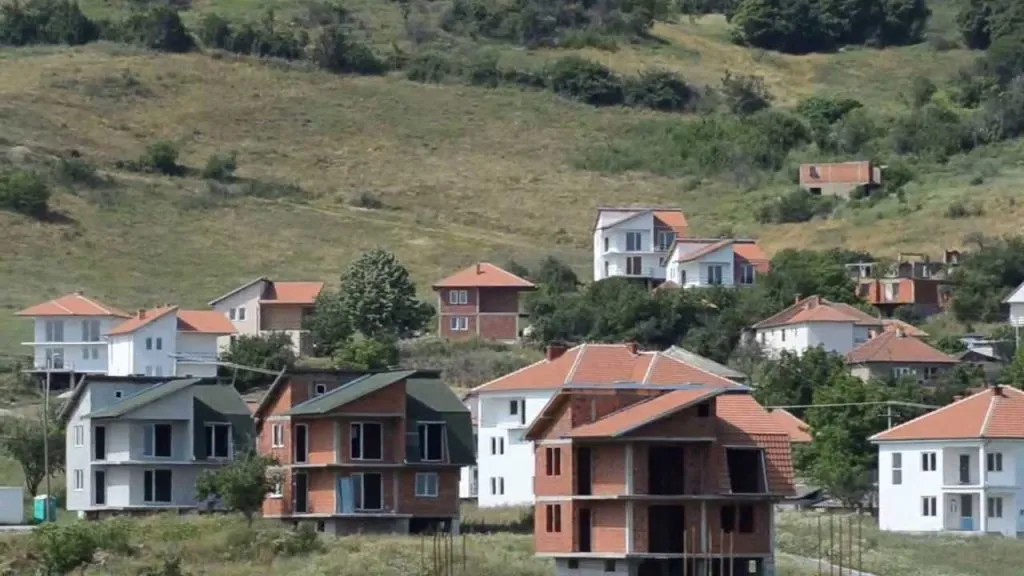Democrats and Socialists clash over proposals for waiving fines and debts

The Democratic Party has submitted amendments to the Socialist Party’s draft law on waiving fines for illegal constructions in rural areas and administrative violations imposed during the pandemic. The Democrats’ proposals go further, calling for a full annulment of all penalties since 2014 for unpermitted housing constructions nationwide, along with the cancellation of utility debts for vulnerable groups and small businesses.
Why is this important: With just five months left until the May 11, 2025, parliamentary elections, both major political forces appear to be seeking popular support by proposing fine waivers for specific categories. While the Socialists base their proposal on a 2022 Constitutional Court decision, the Democrats have taken a broader and more populist approach, offering measures that could appeal to a wider electorate, particularly vulnerable groups and small business owners.
Context: What Are the Socialists Proposing:
· Waiving fines for unauthorized construction and modifications to homes in rural areas.
· Waiving penalties for activities related to agricultural production, storage, processing, and sales in rural areas.
· Waiving fines imposed for violations of COVID-19 administrative rules during the pandemic.
What Are the Democrats Proposing:
· Annulment of all administrative penalties issued under Article 52 of the 2014 law “On Territorial Planning and Development” for unpermitted construction addressing housing needs, which the Constitutional Court ruled unconstitutional in 2022.
· Cancellation of overdue utility debts for electricity and water up to November 30, 2024, for vulnerable groups, including pensioners, low-income families, and people with disabilities.
· Cancellation of all administrative fines and interest imposed by the State Police and Municipal Police up to November 30, 2024, across the Republic of Albania.
· Annulment of penalties and interest imposed for delays in tax procedures or nonpayment of property taxes up to November 30, 2024.
The debate over these proposals will take place during the plenary session on Thursday, the last session before Parliament adjourns for its holiday break. This session is expected to feature heated debates and sharp exchanges between the two political camps. Parliament is set to reconvene in the third week of January for the final legislative session before the May 2025 elections.
What’s next: The proposals from both parties will be reviewed during the plenary session, where MPs are expected to engage in vigorous discussions. With elections on the horizon, the session will likely showcase the contrasting visions of the two largest political parties for addressing pressing socio-economic challenges.


